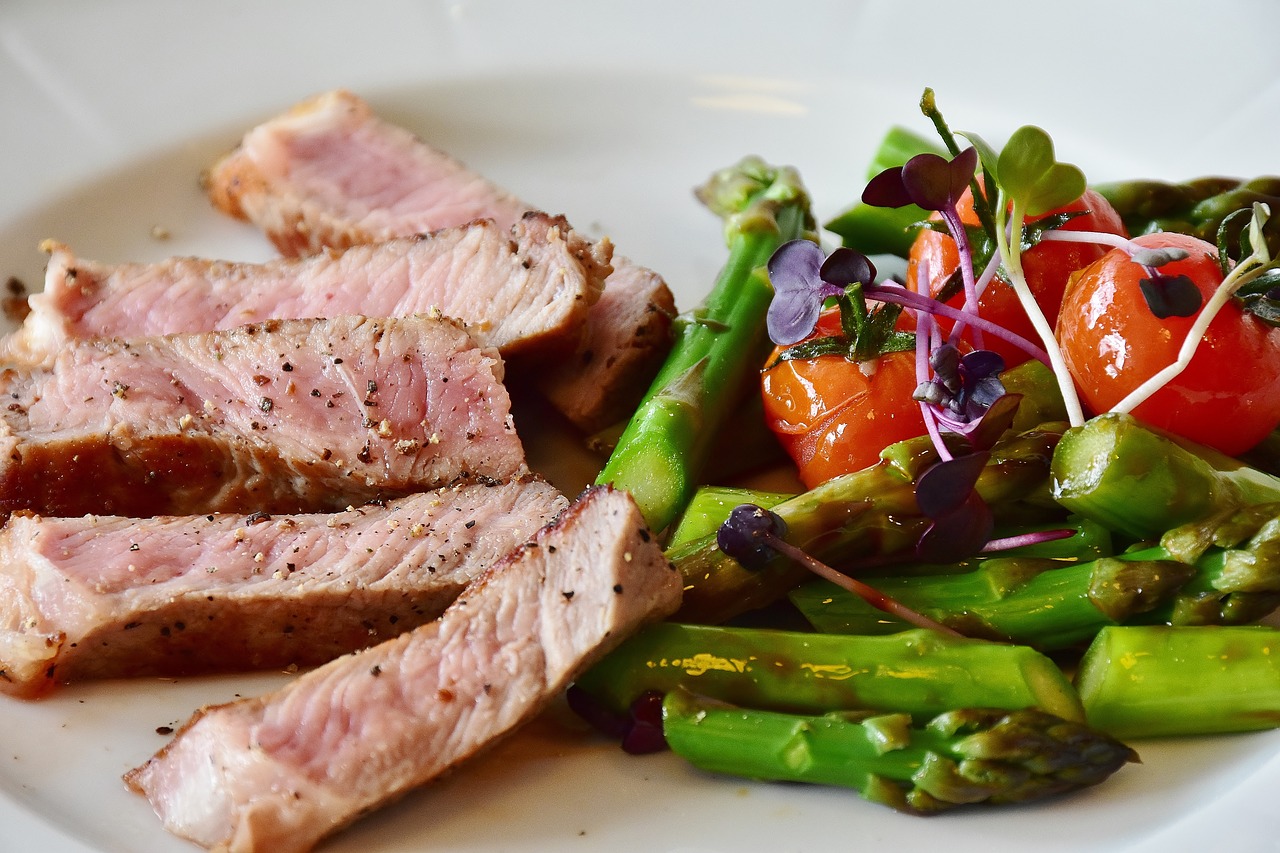
Dietary displacement is like procrastination.
“Ehhh I’ll get to that later.” (*Then never does*)
“I know I should go to the gym, but I’m tired. I’ll do that tomorrow.” (*Then never does*)
According to Precision Nutrition, dietary displacement is “when someone skips out on healthy eats and displaces them with non-nutritious foods.”
Essentially, it’s choosing not to eat healthy in order to have that thing that you crave. We all know eating nutritious foods are the best option for us, but too often we choose to fit unhealthy foods into our diets NOW for fear of not being able to eat them later. (Or, perhaps we don’t eat the nutritious foods at all.) This could be due to trying to stick within a certain diet plan or calorie limit.
Obviously, this is a huge problem, and it’s something that contributes to many people in American culture being overweight or obese.
The same type of decision making could be applied to fitness as well… Have you ever chosen to stay in and watch a TV show or sporting event instead of going to the gym? You probably skipped your workout because you had fear of missing out on watching that show or game. You displaced your fitness goals in order to indulge in that moment.
Similar situations, similar tendencies. It’s a common problem with thousands and thousands of people, and it gets in the way of us reaching our goals and living happier and healthier lives.
But let’s get back to the dietary decisions, because that’s truly what this article is about.
The article linked above by Precision Nutrition makes some great points about food volume and what truly satisfies our hunger. While the nutritious choice may not be the most highly palatable one, it can still satisfy our hunger while at the same time providing significant health benefits.
“Simply put, our appetite is based on how much total food volume passes through our digestive tract.”
If you eat a large volume of food, you’ll likely be less hungry. Lucky for all of us, the clean and nutritious choices are often lower in calories and can be consumed in higher volumes.
What I’m getting at here, is we just solved the problem. Hungry, but want to be healthy? Eat a lot of nutritious foods! If that’s your game plan and it makes up the majority of your diet, over time you’re going to find yourself in a pretty good spot in terms of health and happiness.
“Head Hunger”
The article goes on to explain: “If very little passes through (the digestive tract), we’re hungry (note: this is in regard to true physiological hunger, not ‘head hunger.’ ‘Head hunger’ is when someone eats for reasons other than physiological hunger; you can’t satisfy ‘head hunger’ with food and drink).”
“Head hunger” is a topic I deal with a lot amongst many of my clients who are trying to lose weight. It’s the concept I describe as the difference between an urge and true hunger.
To conquer “head hunger” means to practice some type of mindfulness.
Before you eat something, think about how you’re feeling in that moment. Is your body giving you signals that it needs food? Does your stomach maybe hurt a little bit because it’s empty? Do you physically feel the need to consume food?
Or, could it be that you’re having a craving? Is your brain telling you to eat something when your gut isn’t?
Identifying the difference between the two and reacting accordingly takes a certain level of discipline that takes time to acquire, but we can all learn to be mindful and conquer “head hunger.”
How to Apply This
If you struggle to eat healthy foods regularly, or if managing your diet appropriately is a problem, think ahead about how you can organize your diet to satisfy your hunger AND do it in a healthy way.
Something I encourage my clients to do is to eat the healthy food first, and eat it in large quantities. Then, if you still desire the less nutritious foods afterwards, you’ll literally be too full to eat a lot of it.
I also encourage drinking protein shakes ahead of eating, as those are a great way to make you feel full without downing a ton of calories.
Find little diet hacks that work for you to make you feel full on less calories. Stock up on healthy calories first. As the Precision Nutrition article so eloquently explained: “a candy calorie is much different than a kale calorie. ‘Non-food’ calories are more likely to be stored as fat, degrade health, lead to further hunger, lead to further food preoccupation, and low energy levels.”
I don’t expect anybody to be perfect. But, if you are truly motivated to eating a healthier, more nutritious diet, you can certainly get the majority of your diet dialed in. Then, those “head hunger” foods will have a far less dramatic impact.
—
If you’re interested in coaching on your nutrition and how it fits into your goals, contact me and let’s talk!
—
CGF